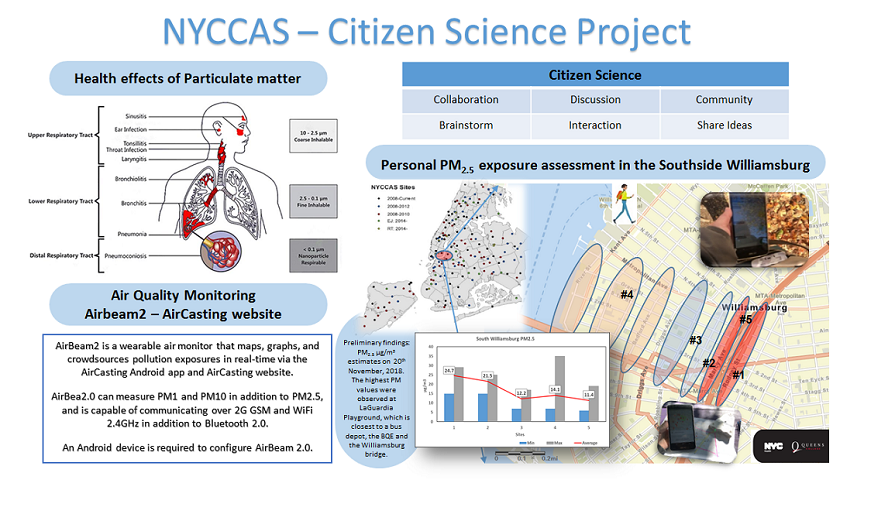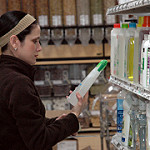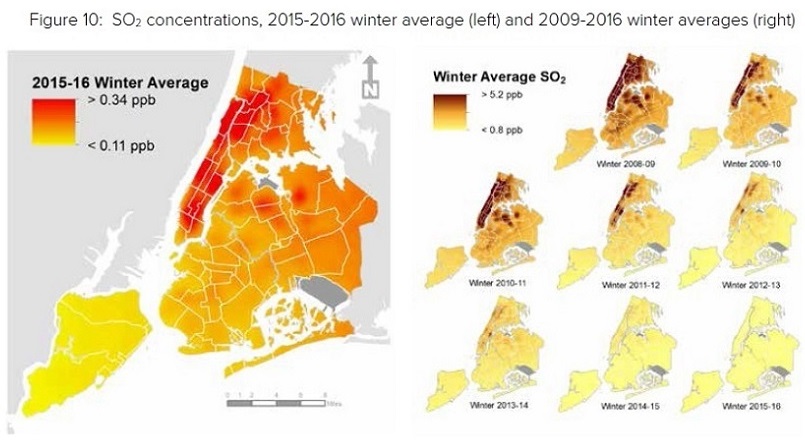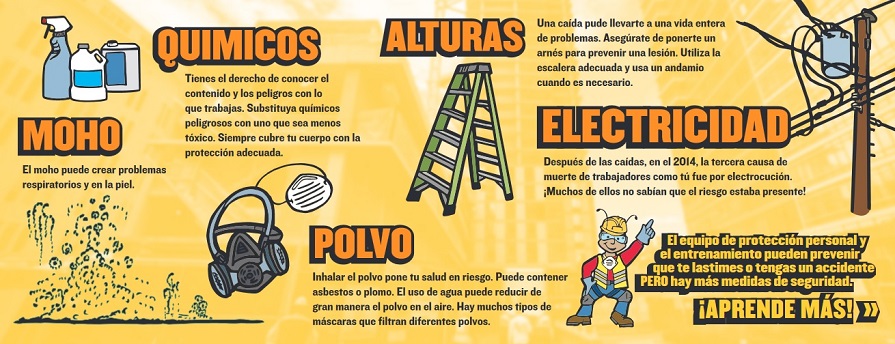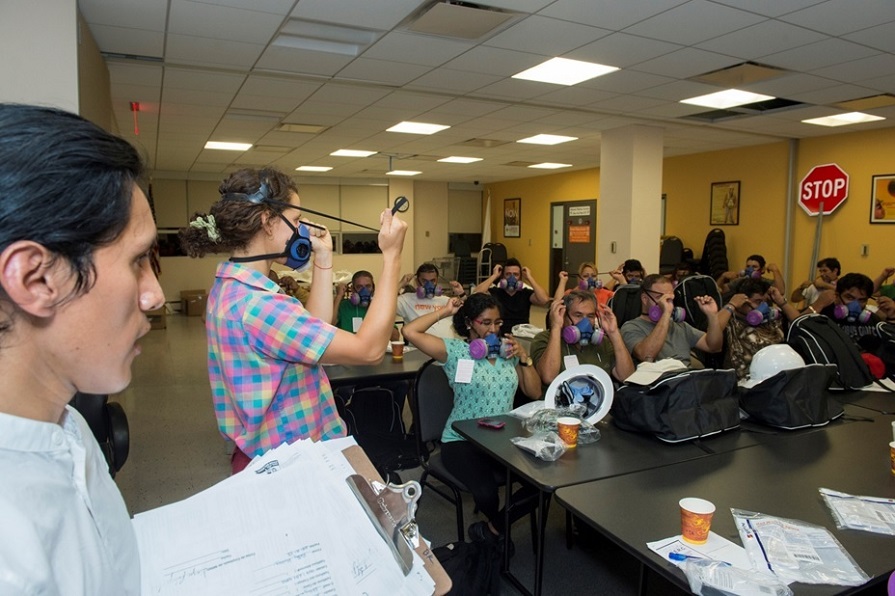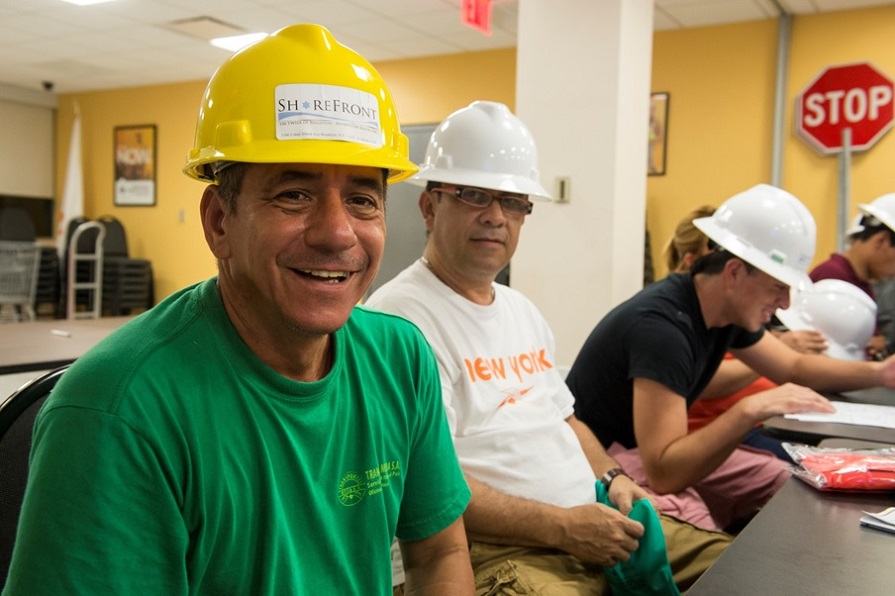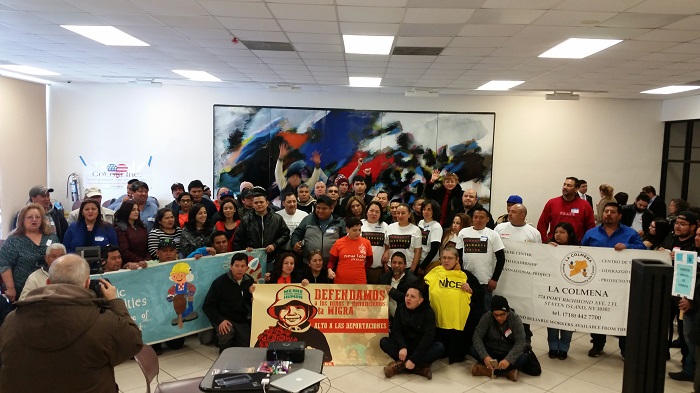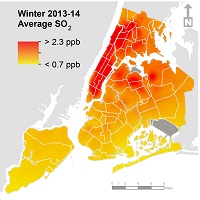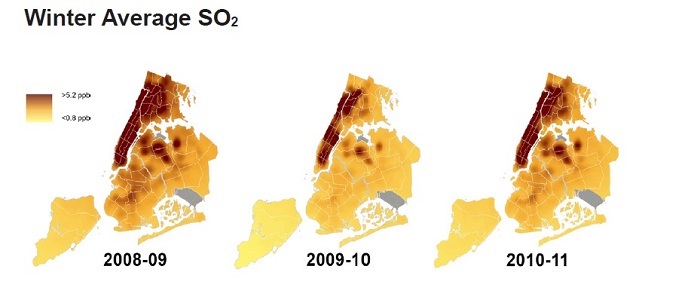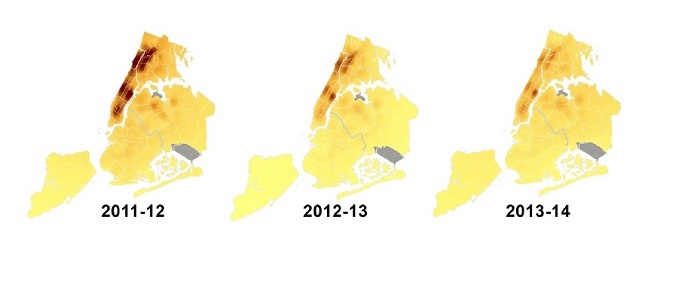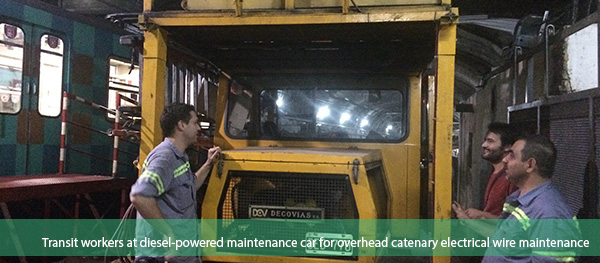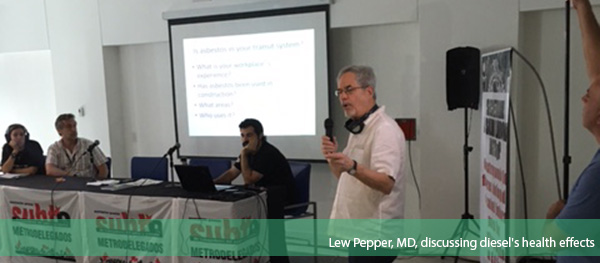Commoner Center and NYC Department of Health and Mental Hygiene Noise Study, 2021-2023
The Commoner Center, under the auspices of the New York City Department of Health and Mental Hygiene, is conducting a noise study to assess the effects of Congestion Pricing on noise levels in the Central Business District of lower Manhattan and surrounding areas in the adjacent boroughs of Brooklyn and Queens. A total of 30 sampling sites across the three boroughs aim to capture various types of site characteristics including bridge and tunnel entrances, residential areas, as well as designated urban background locations.
The study will involve two sampling phases – a pre-congestion pricing period to assess baseline conditions, and a post-congestion pricing period once the policy is implemented. Each of the sites will be sampled twice each phase, where each sampling session involves collecting continuous data for approximately 7.5 days.
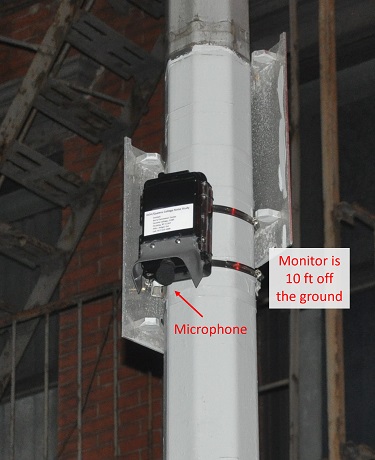 At the conclusion of the study, the data will allow us to assess the effects of congestion pricing on noise, as well as provide information on the spatial distribution and spatial noise profiles of different locations in the city.
At the conclusion of the study, the data will allow us to assess the effects of congestion pricing on noise, as well as provide information on the spatial distribution and spatial noise profiles of different locations in the city.
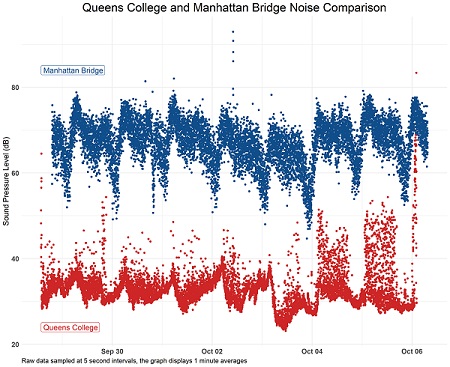
- Data visualization example from collected data.


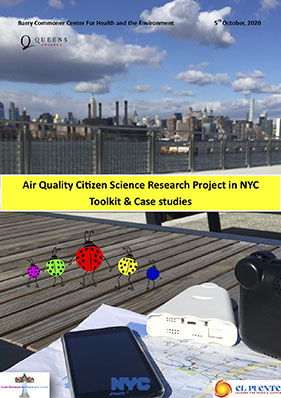
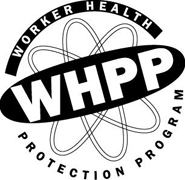
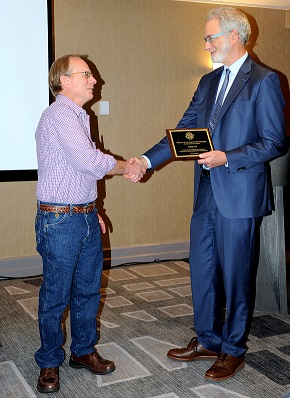
 Jasmine Olivera
Jasmine Olivera
 Gloria Perez
Gloria Perez
